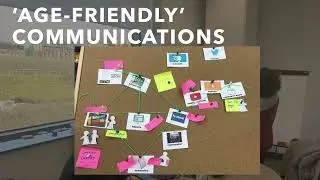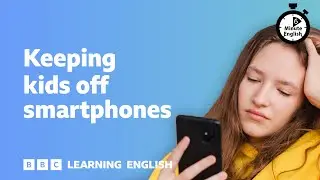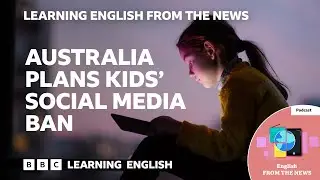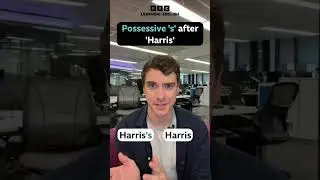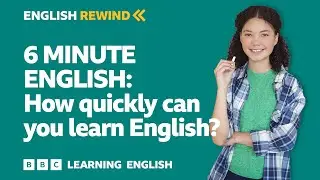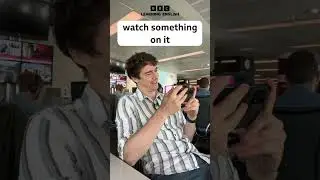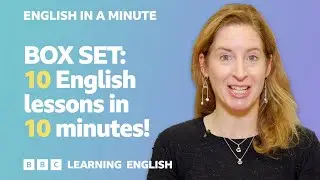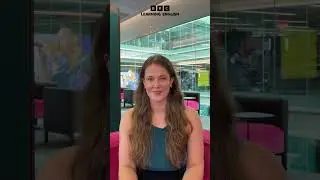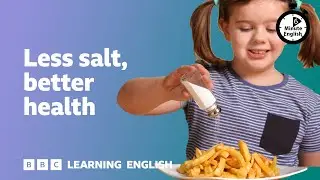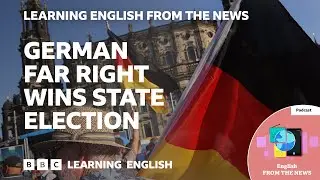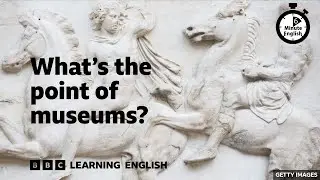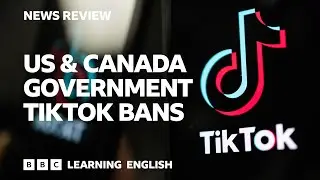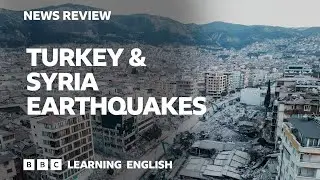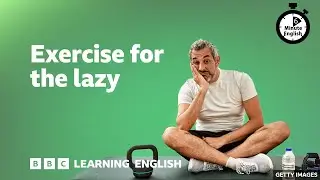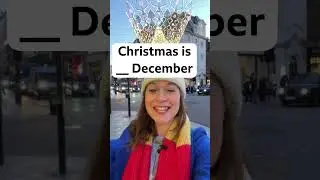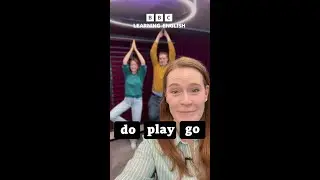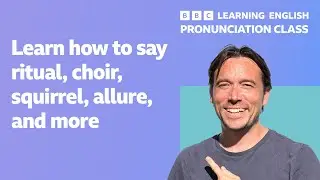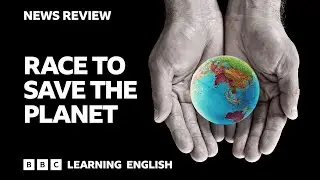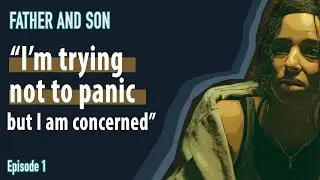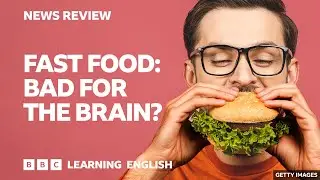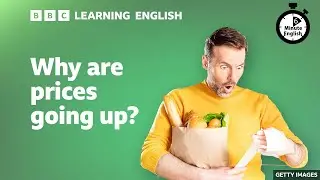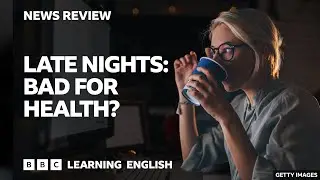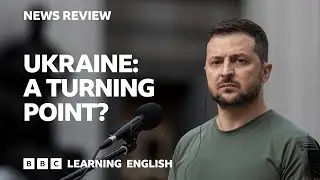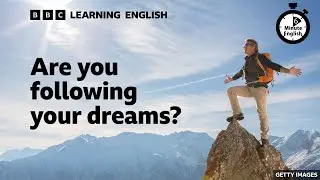Grammar: Question tags - BBC English Masterclass
Question tags are made of an auxiliary verb plus a pronoun, which go at the end of a sentence, either to ask for more information about something, or to confirm something which we believe is true. The auxiliary verb matches the tense of the main verb and the pronoun comes directly from the noun.
Question tags can either have a rising or falling intonation depending if you want to genuinely ask for the answer or expect someone to agree with you.
Finally, Question tags usually work in opposition. If the main sentence is affirmative, then the question tag is usually negative, so: You do live here, don’t you? and vice versa.
For more, visit our website: http://www.bbc.co.uk/learningenglish/...
TRANSCRIPT
So you want to learn question tags, do you? Lucky for you, I’m here to tell you everything I know, aren’t I? Ready, are you? Let’s go!
Now, at this level many of you will know that a question tag is an auxiliary verb plus a pronoun, which is put at the end of a sentence, either to ask for more information about something, or to confirm something which we believe is true. The question tag relates directly to the sentence. The auxiliary verb matches the main verb and the pronoun comes directly from the noun. Question tags can either have a rising or falling intonation, and, as everybody knows, if the main sentence is affirmative, then the question tag is negative, so: You do live here, don’t you? and vice versa. That’s the easy stuff: now for the hard stuff...
So sentences which use a negative or limiting adverb, such as never, and hardly, and other words of that type, even though they appear to be positive in construction, they are treated as a negative by the question tag. So, not: They never go on holiday, don’t they? But They never go on holiday, do they?
Sentences which use indefinite nouns such as someone, anyone, no one and everyone, can be tricky with question tags. After all, what’s the pronoun for no one? In question tags we use they. For example: No one cares, do they? Everyone left, didn’t they? However, with other indefinite nouns such as something and everything, we would use it. So: Everything is OK, isn’t it? Or Nothing matters, does it? Got it?
An imperative is a command, or at least a strong suggestion. An example would be: Sit down! Now, because imperatives don’t have a tense, they don’t use an auxiliary verb in the same way as other sentences do. So, how can we make a question tag with them? Well, the answer is, we use won’t you - although other modal verbs can be used, such as will, would, can, and could. Sit down, won’t you? Open the window, will you? Don’t go outside, will you? Keep quiet, won’t you?
The level of formality depends upon the choice of question tag and the tone of your voice, although can’t you can come across as quite impatient and annoyed – for example: Turn the TV down, can’t you?
When making a suggestion, it is common to use the expression let’s. Let’s stands for let us, for example: Let’s go to the cinema. When we use let’s in a question tag we always use shall we, regardless of whether let’s is affirmative or negative. So for example: Let’s go to the cinema, shall we? Or Let’s not go to the cinema, shall we?
Double positives are possible, and this is quite a common way of reacting when people have just learned news or when somebody is reacting in an emotional way to something. For example: You’re getting married, are you? You just lost your wallet, did you? You see?
Finally, if you start a sentence with I think, don’t use the question tag do I. I think he’s a great teacher, do I? Though this can happen in some cases, such as sarcasm, we normally make the question tag agree with the main information, otherwise we’re basically asking our self to agree with our self. So, for example: I think he’s a great teacher, isn’t he? Or I don’t think that’s a good idea, is it?
For more information go to: bbclearningenglish.com. I’ve been Dan, haven’t I? You’ve been fantastic, haven’t you? And I’ll see you next time, won’t I? Cheerio!
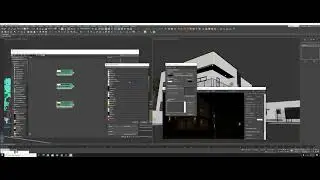

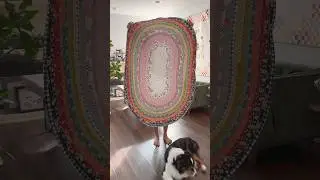
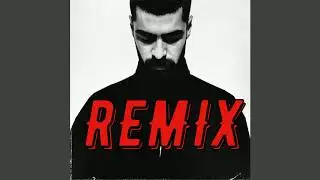
![Kennjo - Lose My Mind (Official Hardstyle Audio) [Copyright Free Music]](https://images.videosashka.com/watch/SKWhRuQ00uQ)
